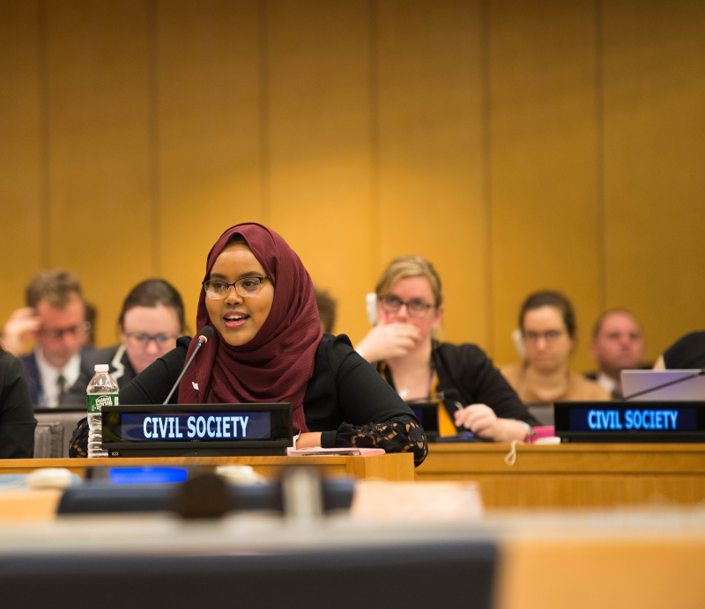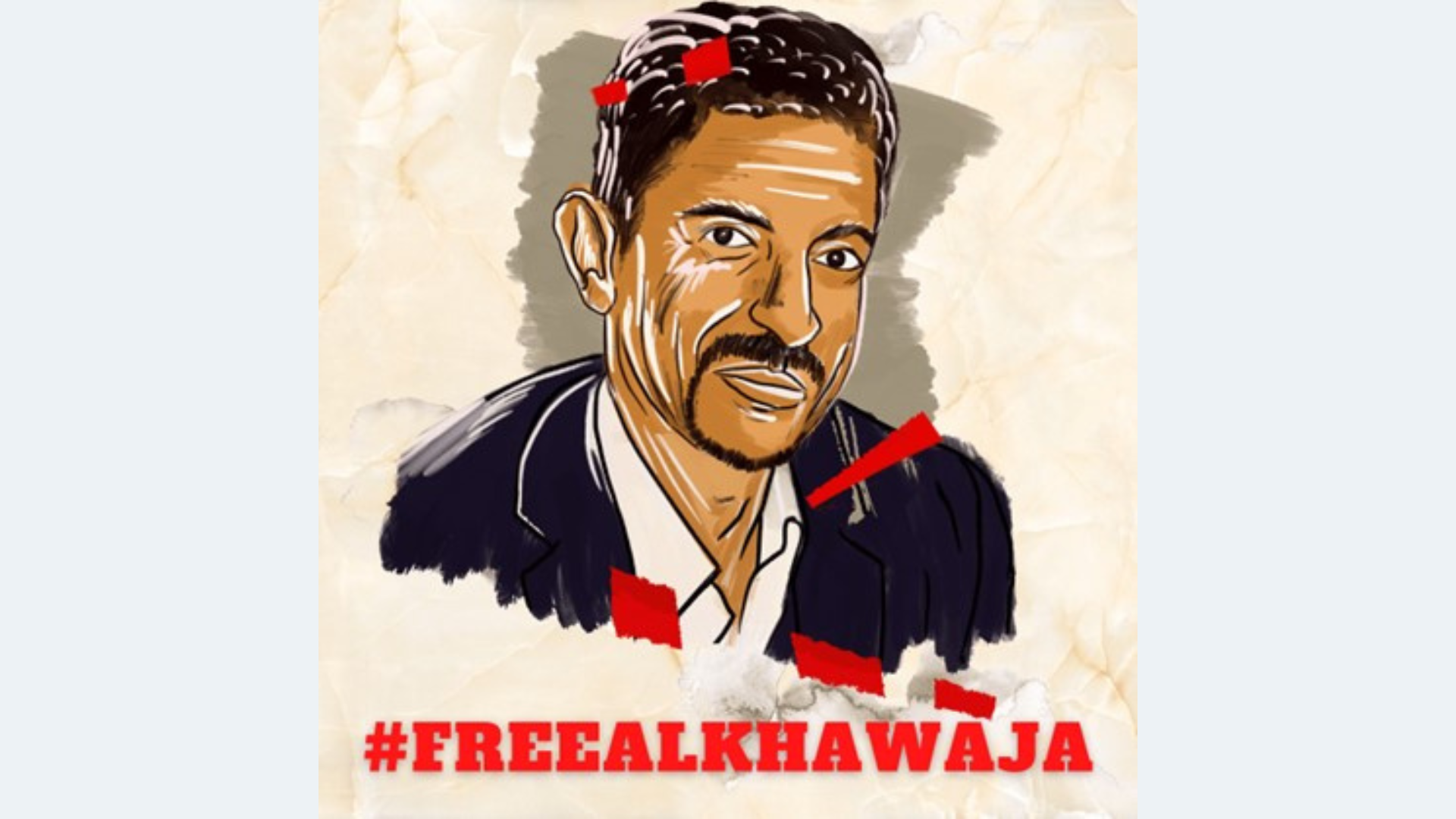In the first ever such encounter, civil society representatives from a range of NGOs engaged with member States of the Third Committee – the General Assembly’s main human rights body in New York – on some successes from the recent Committee session, as well as concrete ways in which the Committee could better promote and protect rights.
Opening the meeting, the Chair of the Third Committee, Ambassador Braun of Luxembourg, said that the Committee could not work effectively without taking into account of the viewpoints of civil society. The President of the General Assembly made a similar point, speaking of ‘fostering dialogue’. Even the unusual seating employed at the meeting – mixing member States and civil society speakers together – underscored the notion of partnership between Member States and civil society.
‘This was an opportunity to showcase the value of critical and constructive engagement on issues of common concern,’ said ISHR’s Eleanor Openshaw.
Speakers addressed a range of issues – from the rights of people with disabilities to digital rights, from freedom of expression to how best to contribute to the prevention of armed conflict.
‘The diversity of interventions made evident the scope and depth of expertise civil society can bring to the table,’ added Openshaw.
During the conversation, ISHR spoke to the ways in which the Third Committee could itself assist in encouraging implementation of its own resolutions.
‘The exchange with States allowed us to share our analysis – developed over many years engaging in UN spaces and with defenders nationally – of ways to make resolutions as focused and action orientated as possible,’ said ISHR’s Zamzam Mohammed, who delivered the statement.
Andrew Smith, of Article 19, presented an assessment of the highs and lows of the recent Committee session, in name of several human rights organisations, including ISHR.
States including Djibouti, Japan, Turkey, Norway and the US, took to the floor to commend the initiative of the Chair of the Committee, and speak of the value of civil society engagement and an interest in seeing similar meetings held in the future. Pushback by a small number of States ahead of the meeting was barely referenced during the event.
Costa Rica noted that discussion of increasing participation of different stakeholders in the work of the Committee should be considered in the context of efforts to revitalize and reinvigorate its work.
‘This was a very significant encounter,’ said Openshaw. ‘The Chair of the Committee, Ambassador Braun, has shown real leadership and innovation in bringing partners in the UN project together in this way. We are hugely grateful to him for his initiative.’
‘This kind of encounter must happen again,’ she added.
Contacts: Eleanor Openshaw, [email protected]; Zamzam Mohammed, [email protected]




